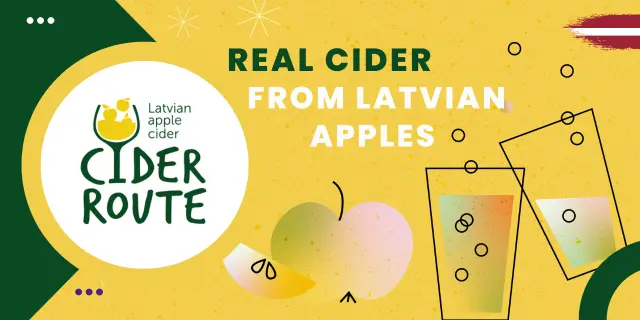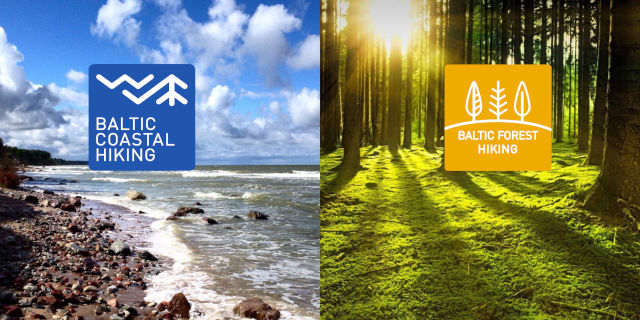Geschichten
Alle Geschichten lesen| Datum | Geschichte |
|---|---|
|
03.09.2010
Valija Laukšteine
|
Informers and the suspectsBorder guard came to check peoples’ homes. We have an old “Book of the House” where these inspections are registered – when, at what times. They checked if there were strangers in the house. My elder brother was taken to serve in German military. After war he went to live in Canada, therefore our family was regarded as suspicious. One night, an elderly man arrived to our place. He spoke Latvian and asked if he can stay overnight. It was not allowed to accommodate strangers; we had to report them to the <i>zastav</i>. I do not remember how we reported, but the border guard arrived and took him. The next morning, their officer said “Thank you, Alexander!” to my father. Since then they started to regard us as less suspicious.
|
|
03.09.2010
Vilma Andersone
|
Kolka parish and border guard cooperationAs the head of local government, I had a very good cooperation with the border guard. They were always very helpful. If, for example, a kid would get lost in a forest, I just needed to give a call to the commander of the <i>zastav <i/> (cordon), and he would immediately send border guard to <i>comb<i/> the woods until they found the kid. They never refused.
|
|
01.09.2010
Mirdza Stankevica
|
Border guard washerwomanTo get it white, I used the silicate glue, which was available in 0.5 l bottles. A friend from Siberia taught me. I had a big caldron, 16 litres, and I used to put one bottle of that glue in it so that the clothes got very white. Every day I laundered one caldron. I tried to arrange my Sundays free. In the beginning I also used to buy washing soda, it was cheap. <br>
After some time they brought a posh washing machine, but it was not for a countryside place, as it had to be connected to water pipes and sewage. We still do not have such installations in this house. Then they brought another washing machine, “Rīga-8”, but this was to wash handkerchiefs, not army clothing.
|
|
01.09.2010
Baiba Šuvcāne
|
Border guard in KolkaOnce a flock of us, kids, were splashing in water, and we did not notice that we had moved outside the designated swimming area. All of a sudden, a border guard on a horse came galloping towards us. I do not remember how it ended, probably he just sent us away. I was 10 years old. It all seemed so strange. Did not he see in his field glass that these were just kids playing? I remember this episode very clearly. It was in the end of the 1950-ies.
|
|
20.08.2010
Biruta Freimane
|
Cooperation with the border guard in the fish factoryThere were not enough men to carry the heavy boxes. The factory called to <i>zastava</i> and asked them to send soldiers to help. For that, they got provision: oil, fish, whatever, because it was not possible to pay in money.
|
|
06.04.2010
Baiba Šuvcāne
|
The frontier regime in KolkaWe were excited children, and apparently we just didn’t notice that we had swum away from the “official” location for swimming. All of a sudden we spotted a border guard on horseback who galloped in the water to chase us away. We were all terrified.
|
|
06.04.2010
Imants Upners
|
Relations between people in Košrags and the Soviet militaryDuring the mid-1950s, soldiers from the Soviet army’s punitive battalion were in Košrags while building the road between Ventspils and Kolka. There were plans to add side-roads to all of the Liv villages, including Košrags, but older residents objected, because they feared further deportations and oppression.
|
|
06.04.2010
Ilze Rēriha
|
The work of a botanist on the seashoreI ended up feeling sorry for the guy, because I kept going up into the dunes to count plants. He couldn’t know whether I was going there for personal or scientific reasons, and that created some discomfort for him.
|
|
30.09.2009
Normunds Smaļinskis
|
Beobachtungsposten der Grenzwache in Kolkas ragsIn der Zeit der UdSSR aus diesem Turm aus beobachteten und kontrollierten die Grenzschutzsoldaten die Gewässer der Meerenge von Irbe . In der Zeit der Sowjetunion gab es einen Spruch, das sogar die Ente unbemerkt durch die Gewässer der Meerenge von Irbe nicht durchschwimmen kann.
|







